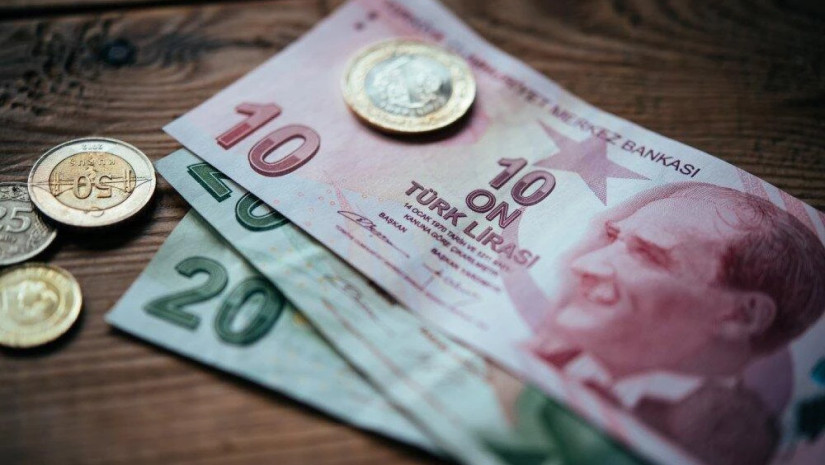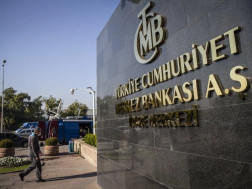Turkey’s lira hit a fresh record low and its stock markets tumbled on Monday as a major earthquake added to pressures from a strong dollar, geopolitical risks and surprise inflation readings out of the country.
The lira slipped to 18.85 in early trade before retracing most of its losses. The country’s main equities benchmark dropped as much as 4.6 percent with banks tumbling more than 5 percent before paring some losses with key indexes down around 2.5 percent by 0910 GMT.
“The tragic events with southern part of Turkey being hit by a powerful earthquake is source of additional uncertainty ahead of crucial elections that most likely are going to be held in May,” said Piotr Matys, senior FX analyst at In Touch Capital Markets.
More than 500 people were killed and thousands injured on Monday, after a major earthquake of magnitude 7.8 struck central Turkey and northwest Syria.
Borsa Istanbul announced that it had temporarily halted transactions in shares of several companies in the earthquake zone, though trading was expected to resume later in the day.
Emerging markets are under pressure more widely with currencies and stocks across the developing world feeling the pain from a sharp dollar rally on Friday in the wake of a strong US jobs report, suggesting the Federal Reserve could stay hawkish for longer.
But Turkey is feeling additional pressures. Geopolitical tensions have been on the rise again recently with indications that the United States would push for a harder line on Russian sanctions enforcement adding to pressure on Turkish markets after Washington warned Ankara about the export to Russia of chemicals, microchips and other products that can be used in Moscow’s war effort in Ukraine.
Recent inflation data also raised concerns, said Tata Ghose FX analyst at Commerzbank, pointing to Friday’s annual reading coming in at 57.68 percent in January - well above forecasts despite a favorable base effect.
“Last week’s Turkish CPI print turned out to be somewhat of a shocker, re-igniting volatility in USD-TRY which had otherwise been conspicuously been absent in recent months,” Ghose said.
“A new window of FX volatility could be around the corner,” Reuters reports.
















